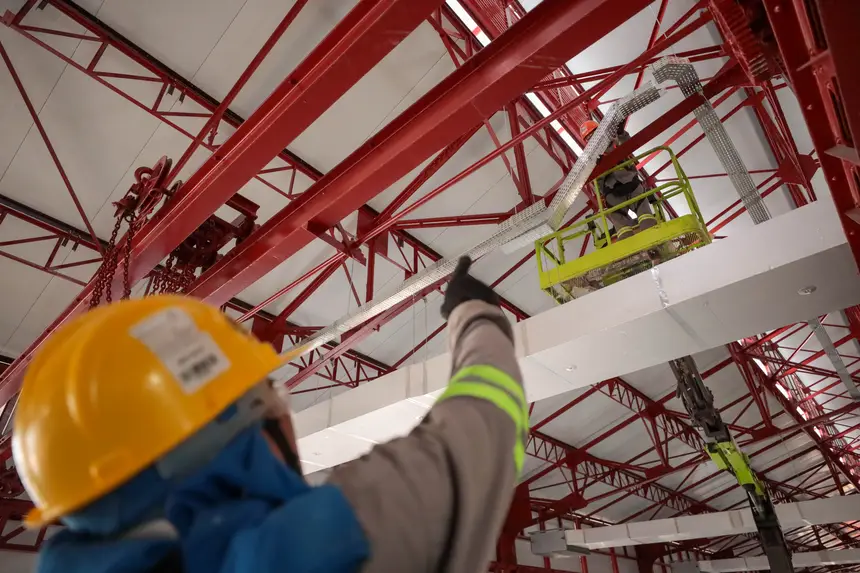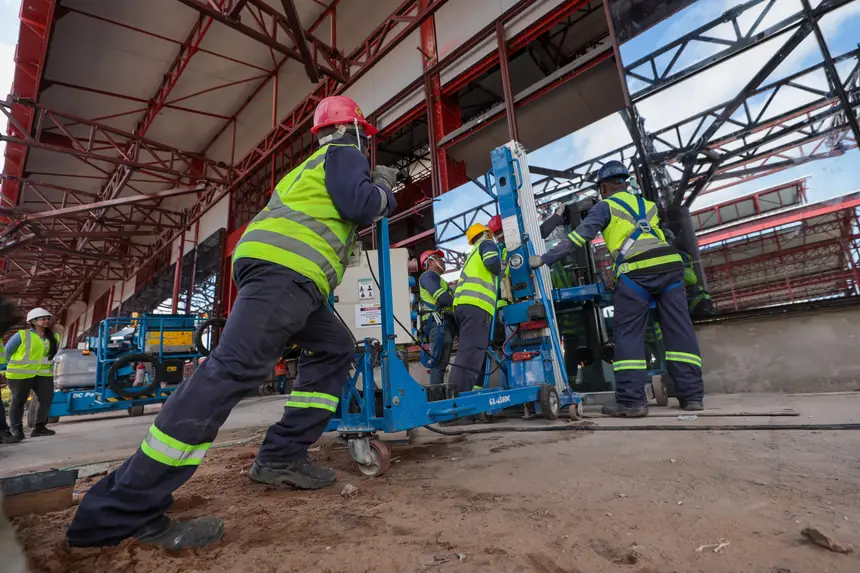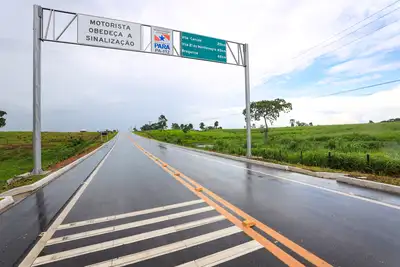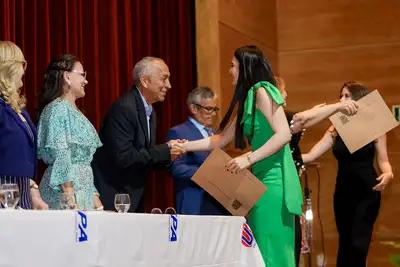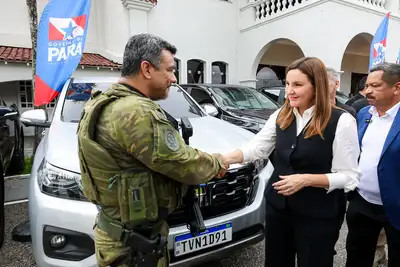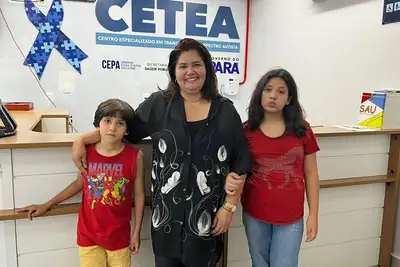State Government boosts job and income generation for workers in Pará
On this Labor Day, May 1st, Pará celebrates the growth in the number of formal job positions in the state territory
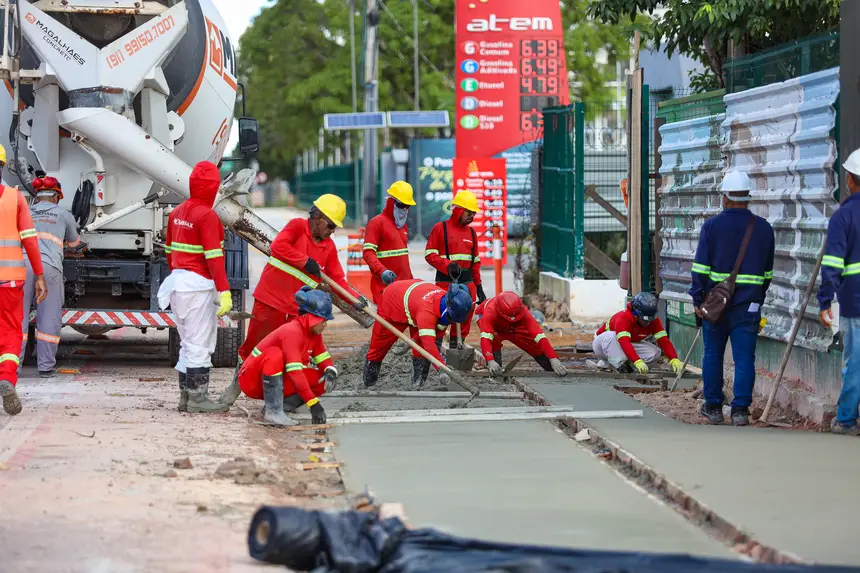
Providing new opportunities for entering the job market and ensuring professional qualifications in various fields of activity. These premises are among the main strategies of the State Government to boost job and income generation for workers in Pará. With the creation of nearly 9,000 new job positions in February of this year, 2025, according to data from the General Register of Employed and Unemployed (Caged) from the Ministry of Labor, Pará was the state that generated the most formal positions in the North region.
"We carry out continuous work to ensure new opportunities for the population, with job fairs, in addition to making job openings available daily through the National Employment System (Sine), enabling everyone to access the job market and guarantee their financial autonomy," highlights Inocencio Gasparim, head of the State Secretariat for Social Assistance, Labor, Employment and Income of Pará (Seaster).
The Seaster secretary adds: "We implement mechanisms that also bring us new partnerships with companies from various sectors, fostering the development of the State."
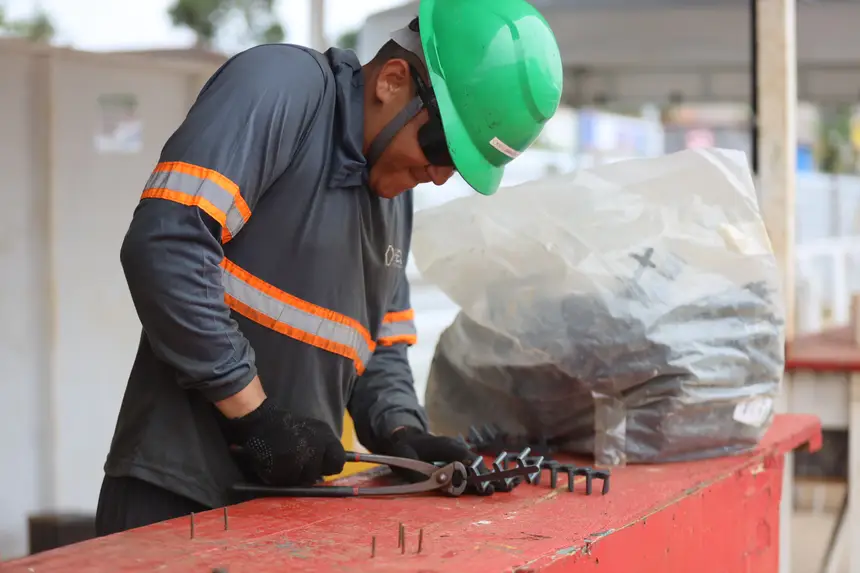
The Seaster explains, for example, that the "First Job" program is one of the initiatives executed by the secretariat for the inclusion of young people in situations of social vulnerability in job and apprenticeship positions, providing qualification and professional experience. Since its creation in 2019, the program has already placed around 3,000 young people in the job market and awarded more than 100 seals to 'Citizen Companies'.
In 2024, Pará recorded the highest hiring of young apprentices in the North region, with over 12,000 young people hired, according to the Inter-Union Department of Statistics and Socioeconomic Studies (Dieese/PA).
Works executed by the State Government employ local labor
In addition to ensuring new public equipment and better quality of life for the population, the investments of the State Government in road paving and asphalting services, macro-drainage of channels, among other works aimed at COP 30, generate job positions.
From 2023 to 2025, more than 37,500 professionals have worked and are working on the State's structural works, according to the State Secretariat for Public Works (Seop). More than 2,700 workers are engaged in direct jobs generated, solely through the secretariat, in COP 30 works.
The state government highlights that the Porto Futuro II project has 450 workers active and the City Park has about 1,100 workers in action, numbers that can reach 600 and 1,300, respectively, at the peak of the works. Another highlight is the record from the State Secretariat for Infrastructure and Logistics (Seinfra): only in the first quarter of the year, the department boosted the generation of more than 4,000 jobs.
“For me, it is important to participate in the construction of a project like the New Doca. I am a concrete mixer operator and I can already imagine when the work is finished, I will come here to stroll with my family; it’s good to know that I participated in the construction, that it is also a result of my work,” points out worker Alison Monteiro.
*Enhancement of technical qualification* The Government of Pará also points out that the Usinas da Paz offer, in partnership with state public agencies, a series of courses and workshops for the improvement of workers. These include courses in gastronomy, sewing, basic and advanced computer skills, foreign languages, among others.
“The Usipaz are facilities that promote professional training, allowing workers in Pará to access new technologies, tools, updated knowledge, and the real demands of the market. With this, the State strengthens the economy and promotes social inclusion,” assures Elieth Braga, head of the Strategic Secretariat for Citizen Articulation (Seac).
In the first three months of 2025, the State Secretariat for Science, Technology and Professional and Technological Education (Sectet) qualified 5,768 people within the Usinas da Paz in the state and in the municipalities of Curuçá, Monte Alegre, Santa Isabel do Pará, Vigia, Cametá, Bragança, and Benevides.
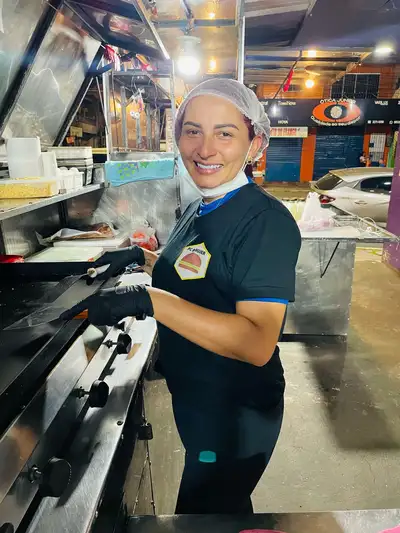
In Belém, Aline Vitoriano was one of the students in the gastronomy course at UsiPaz Jurunas/Condor and from the learnings, she felt confident to open her own hamburger shop. “I improved my knowledge in gastronomy courses and workshops, and this project is amazing because it helps people who cannot afford to pay for such an expensive course. So, it offers free courses for people who need and require it, like me, to improve myself. And today, thank God, and thanks to this initiative, I celebrate one year of my hamburger shop,” she celebrates.
MORE PROGRAMS – Among other state initiatives in the sector, the Capacita COP30 stands out, with 105 free courses in the areas of tourism, gastronomy, infrastructure, and security, which have already certified more than 16,000 people; and the technical courses conducted in Technical Schools (EETEPAS) and partners, with nearly 10,000 people trained between 2022 and 2024.


